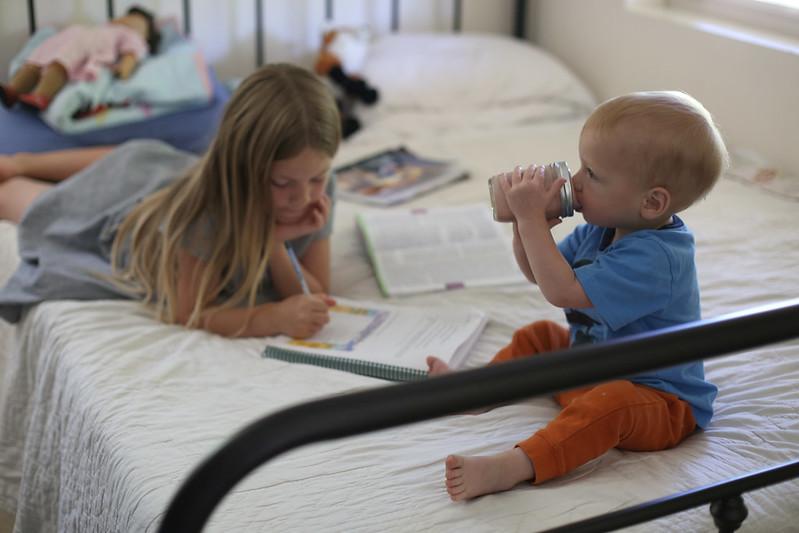
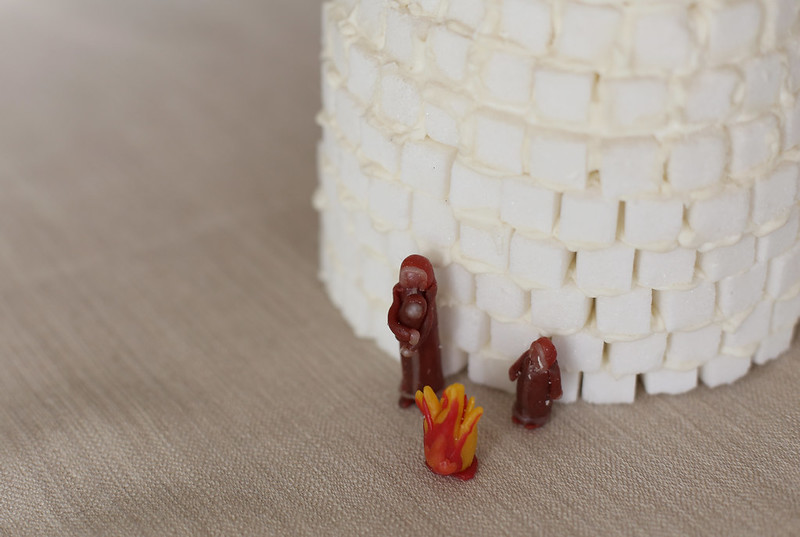
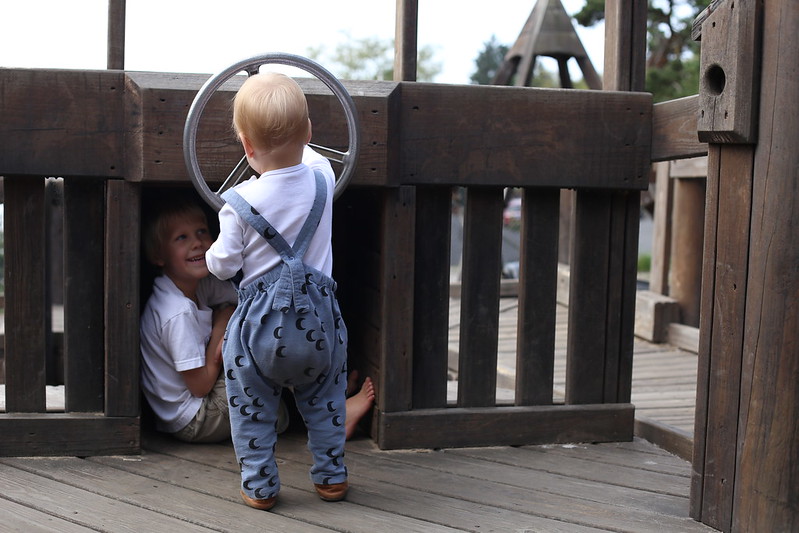
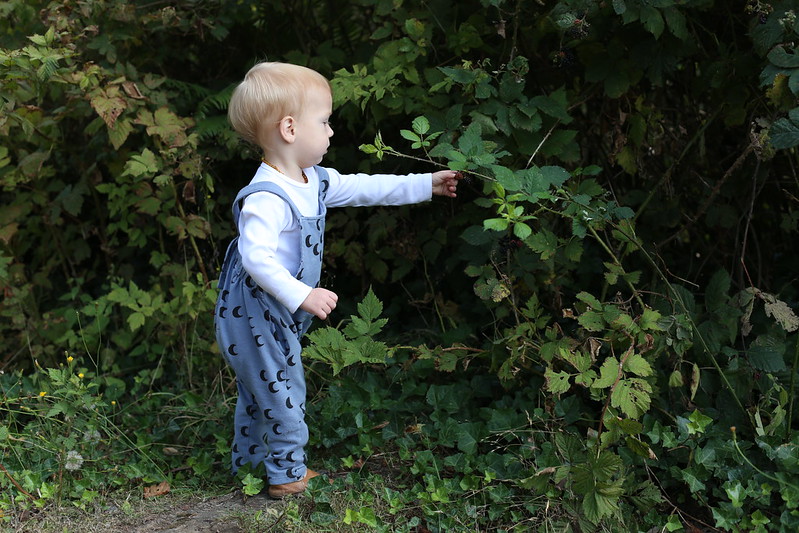
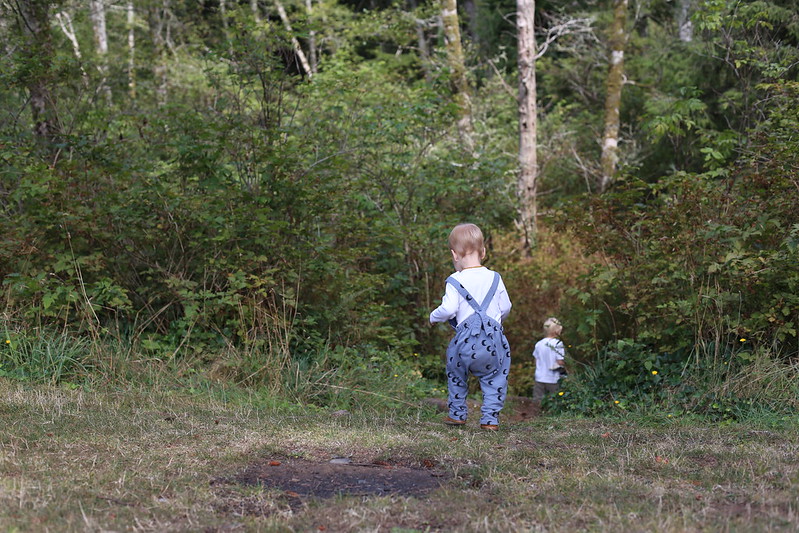
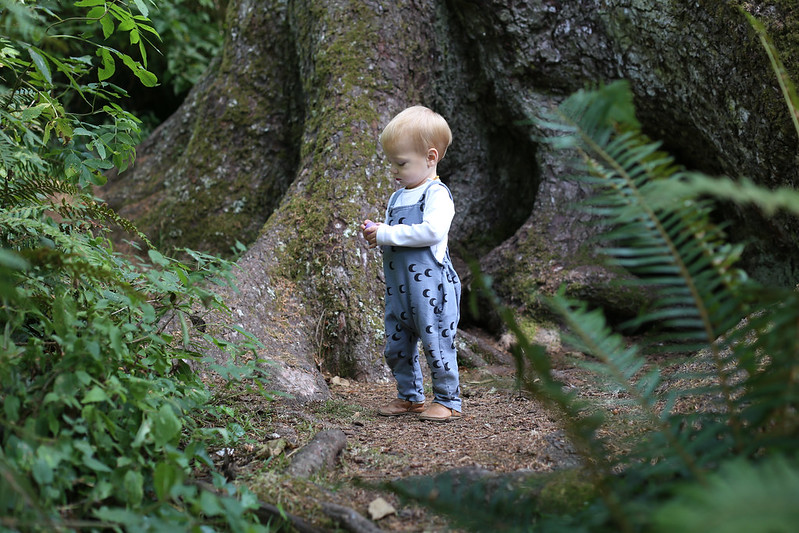
I was questioning one of the ways we homeschool recently, falling prey to the opinion of others instead of trusting my intuition and what I know is right for my children. I allowed my better judgement to become clouded, thinking of the public school standards that are considered by some to be the norm. Then something my friend Heide told me years ago came to mind (as we discussed the very same topic I was troubled over): The proof is in the pudding. The wisdom of her words echoed inside my head as peace came over me. Yes. She was absolutely right. Thank you, Heide.
You see, Little L is six years old and does not yet know how to read, nor has he been taught to nor shown the readiness to. Typing this out now I realize how ridiculous it sounds to me, especially since both of my girls didn't learn until 1st and 2nd grade, around the ages of 7 and 8 (my oldest in a Waldorf school). They are now advanced readers, far surpassing their peers. They literally live to read. As Kevin and I discussed this very topic tonight he mentioned that K has already read more books (and not just any books but great literary works) in her twelve years of life than he has in his lifetime. I kid you not - If my girls were allowed to, they would spend all their days curled up with good books and writing and illustrating their own books. In all honesty, some days that does happen because really, can it get any better?! And oh the stories they have created! One of these days I will have to share excerpts from them here.
My goodness, the proof that I needed has been there all along, right before my eyes.
When you really think about it, childhood is short enough as it is - why should we try to rush it even more?! Everything has its time and season. We need to slow down and enjoy it. Let the children be wild and free as long as they can. They have the rest of their lives to be adults with all the worries and cares that come with it. Along the same line - what a gift it is to Little L (and to my girls when they were younger) to not be able to read the horrible headlines on the newspapers as we walk by or the gossip magazines in the grocery store checkout aisle or billboards as we drive in the car. To him, the world is still good. As it should be, at least until he is emotionally ready to handle the darkness along with the light.
One of my favorite librarians back in Idaho was originally from Germany. I remember one conversation we had about schooling (she knew we homeschooled) when she mentioned that back home children didn't begin learning to read until the age of 7. She couldn't understand why reading was taught here so early in America.
"First of all, nearly EVERY OTHER COUNTRY starts reading when children are 7, there are NO studies that show starting early reading is better in the long run for academic or professional success. Second of all, from a physical perspective, the eye is NOT fully developed for lateral tracking until age EIGHT, so perhaps those countries that are working with starting reading at the right time are based more upon the physiology of the child than the American system is! So please stop talking about “delayed academics”! How about talking about bringing in academics at the right time?!" - The Parenting Passageway
Evidence shows that normal, healthy children who learn to read after age 7 (considered relatively late by mainstream education) are not disadvantaged. Rather, these students are able to catch up quickly with, and may even overtake, children who have learned to read early. Additionally, children who learn to read after age 7 have been shown to be much less likely to develop the “tiredness toward reading” that many children who are taught to read at a very early age experience. Instead of tiredness or boredom, there is a lively interest in reading and learning that continues into adulthood. Whole life learning at its best. An excerpt entitled Better Late than Early notes, “The child will grow into an enthusiastic reader, and thus view reading not only as a tool for obtaining knowledge or keeping up with others but as an enjoyable activity.” My girls prove this day in and day out - why did I let me confidence waiver? We are on the right path for us. The proof really is in the pudding.
Now this is not to dismiss the children that learn to read early at all. Every child is different. Some children will, out of their own initiative, want to learn to read at an early age. This interest can and should be met, as long as it comes from the child. Really, each child has his or her own optimal time for “taking off.” Without being pushed, a healthy child will generally pick up reading quite quickly and easily.
So mamas, what this rather long winded post comes down to is this - Whatever teaching method you chose for your children, trust your gut and inner wisdom. Ignore the critics. Only you know what is best for your own children. You've got this!





















































